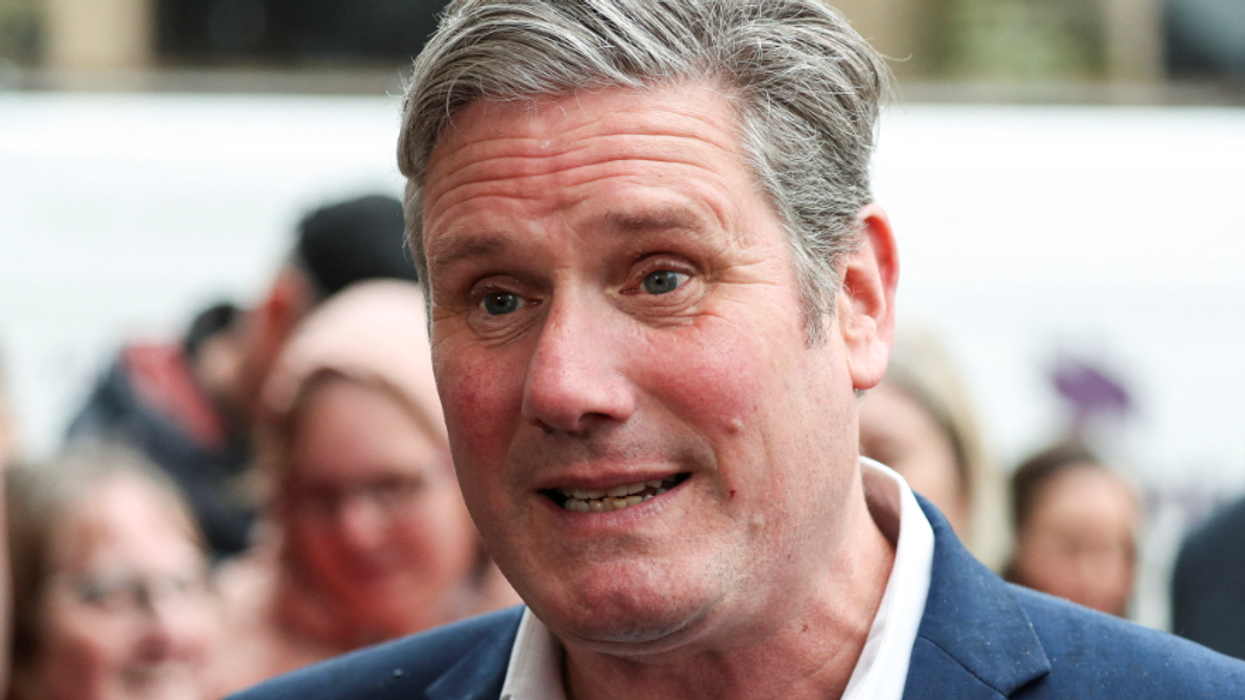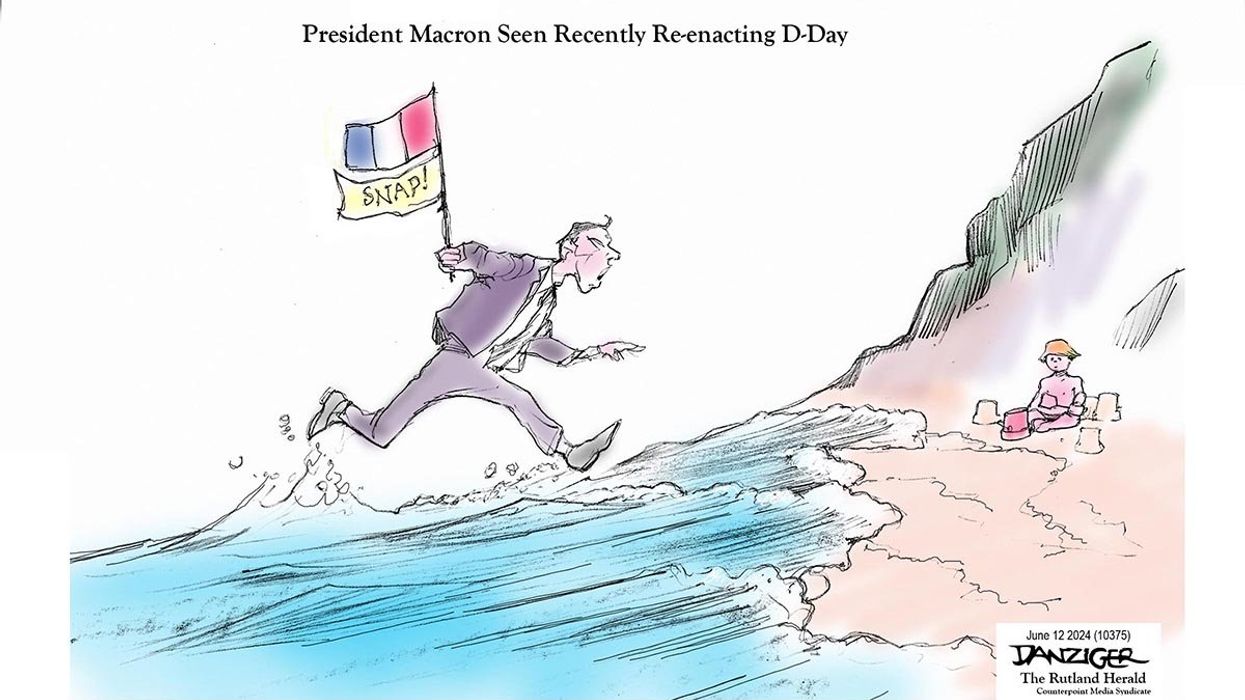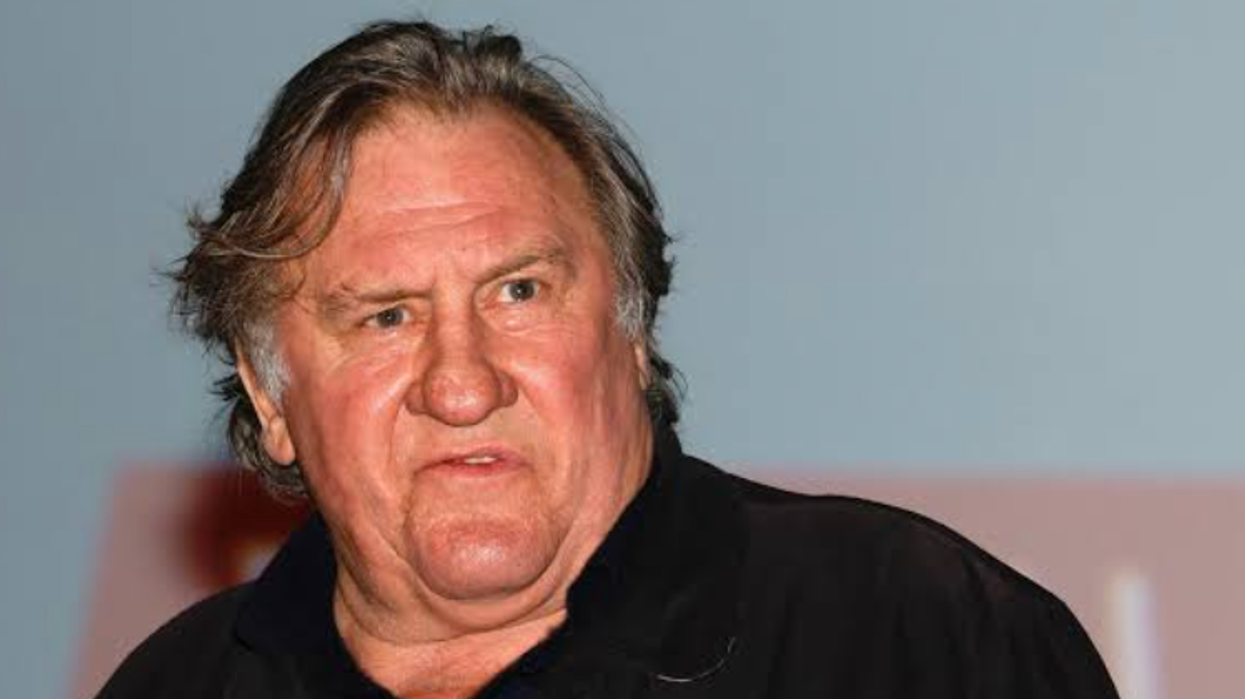With Progressive Wins In UK And France, Liberal Democracy Is Far From Dead
French voters defied the expectations of pollsters on Sunday as a progressive alliance soared to victory over right-wing nationalists in the country’s legislative elections. On Monday, President Emmanuel Macron, whose own centrist party came in second, refused the resignation of France’s prime minister. A new government is expected to emerge from a coalition of the progressive New Popular Front, which took the greatest number of seats, and Macron’s Ensemble alliance. Forming that coalition government may not go smoothly, but the nationalist National Rally was relegated to a third-place finish.
Marine Le Pen, the de facto leader of National Rally, had promised to curtail French support of Ukraine, end birthright citizenship, block immigrants from accessing social services, and align France with Russia. But on Monday, National Rally leaders found themselves complaining that progressive parties had cheated as they faced another cycle in the political wilderness.
The result follows a landslide victory for U.K.’s center-left Labour Party, which sent the Conservative Party packing after a 14-year hold on the British government. Labour leader Keir Starmer was sworn in as the new prime minister shortly thereafter, and the more progressive leadership promises to repair more than a decade of damage done to the national health care system, raise the minimum wage, provide free meals to schoolchildren, improve environmental protections and public transportation, and create a new, publicly owned energy company.
In other words, despite the rising threat against democracy in many places around the world (and at home), liberal democracy isn't dead just yet.
There has been story after story suggesting that liberal democracy is on its last legs. That’s been particularly true over the last few years when authoritarian populists celebrated and supported by Russia have dominated reports on election cycles, both in America and Europe.
Stories continue to herald the rise of a new authoritarian right in Europe, but the nationalist leaders who often dominate headlines share one thing in common: They usually lose. Nigel Farage, leader of the far-right Reform U.K. party, may have given a so-called “victory speech” following his country’s elections, but his party took just 14 percent of the vote. That’s more than Reform earned in previous elections, but the result earned them only five seats in the U.K.’s 650-seat House of Commons—five seats that are worth a lot less without a right-wing government in charge.
Germany’s far-right Alternatives for Germany party may have increased its support in the last round of elections, but it still earned less than 16 percent of the vote in the European Parliament elections held on June 9. That’s slightly below what polls showed a week from the election, and far below what they showed a few months earlier.
Outside of Europe, Mexico celebrated a substantial progressive victory last month, when Claudia Sheinbaum and her left-wing Morena party took the highest percentage of the vote in that nation’s democratic history. In India, parties on the left overperformed expectations, though they failed to displace a right-wing leader.
The pundits ready to play taps for democracy in Europe need to take off their funeral suits because it doesn’t seem like liberal democracy is going anywhere this week. If anything, it’s the right-wing parties that have emerged from recent elections rattled by voters who moved to install more progressive leadership. It seems like nationalists may have had their big moment in 2016 with the unexpected victory of Donald Trump in the United States and the shocking vote for “Brexit” in the U.K.
Since then, Brexit has been recognized as a mistake, with recent polling showing that most Britons want to rejoin the European Union's single market, and now voters in the U.K. have kicked out the Tories, who were responsible for the Brexit vote. And in the U.S., voters held up their end in 2020.
Now we just have to do it again.
Reprinted with permission from Daily Kos.













